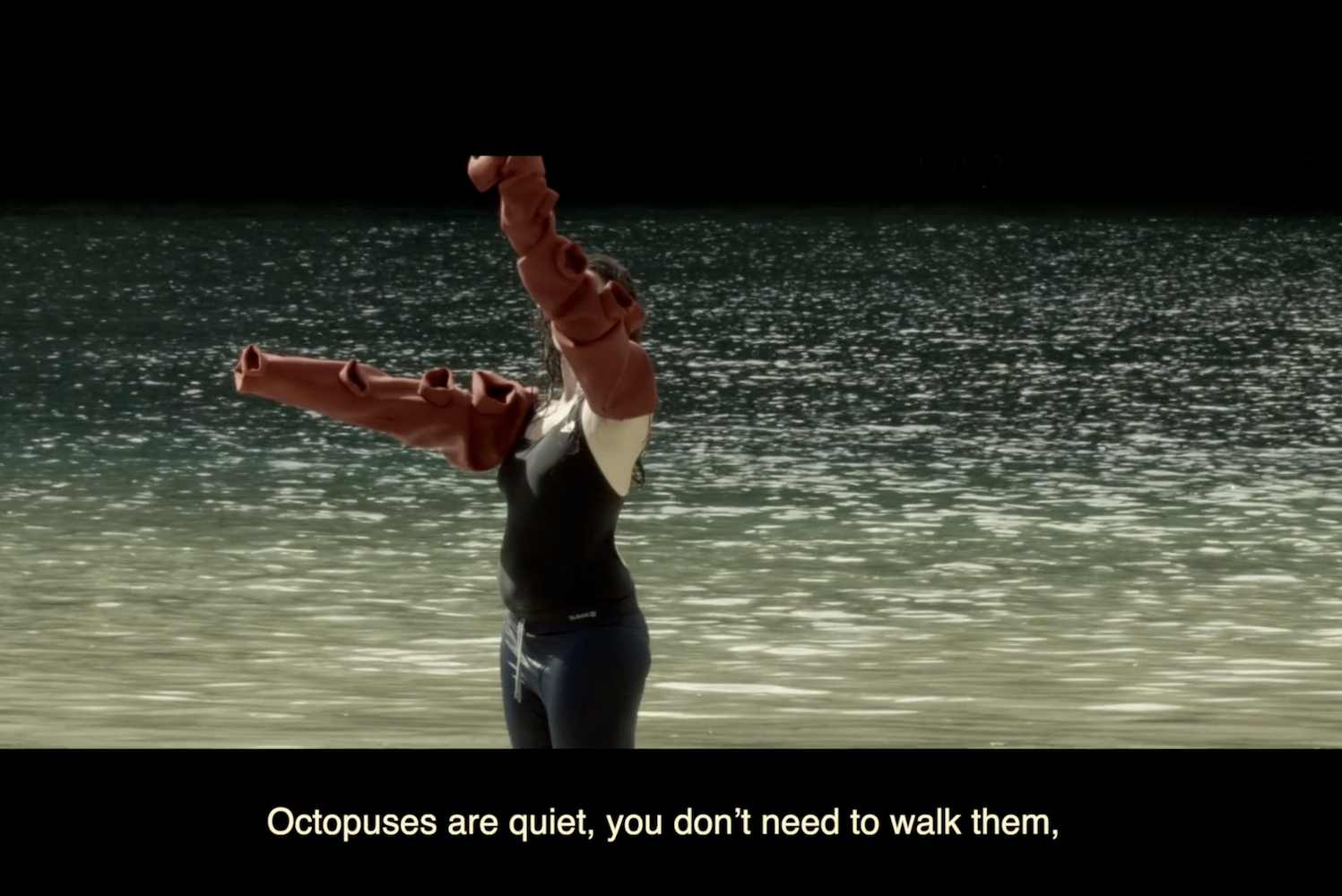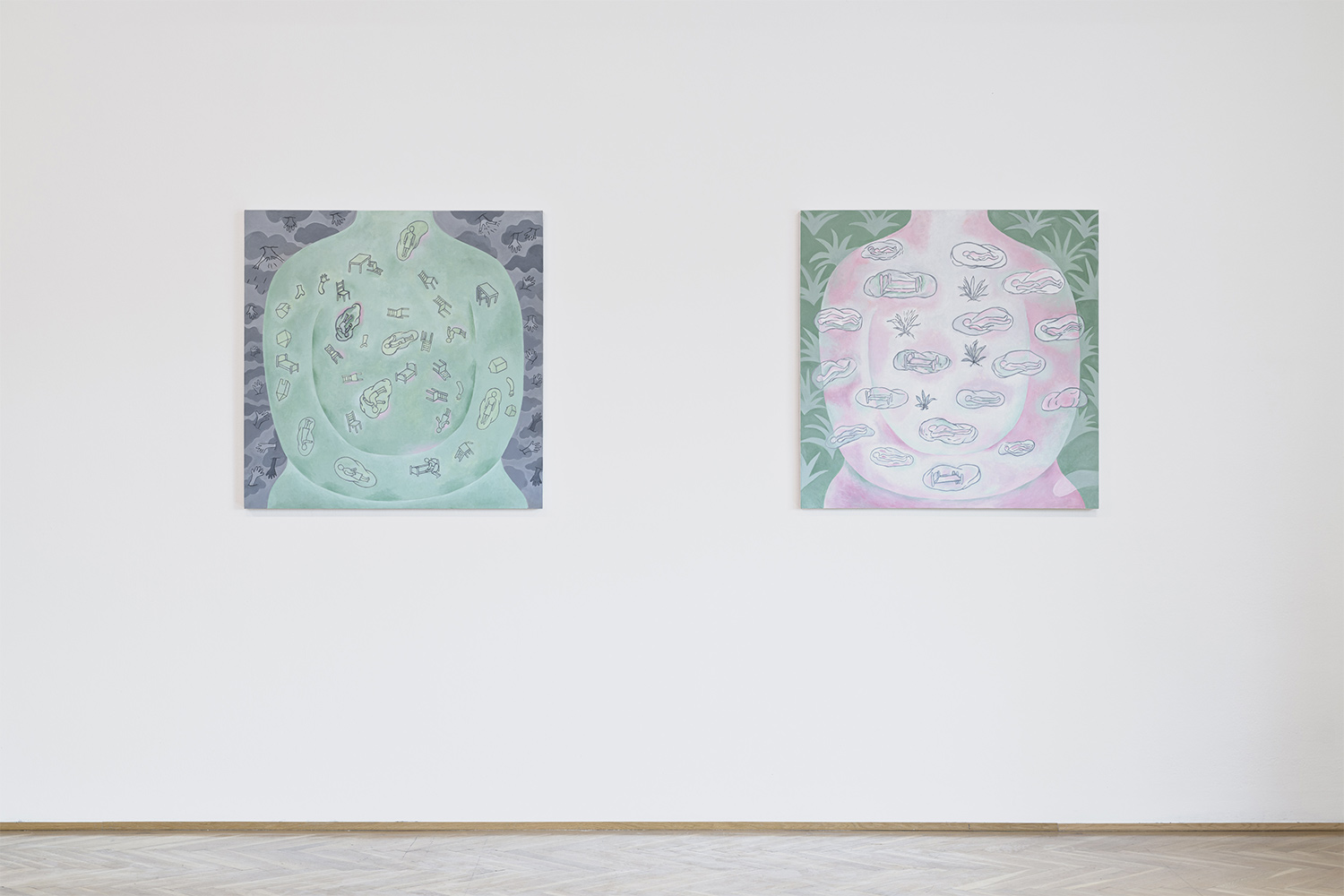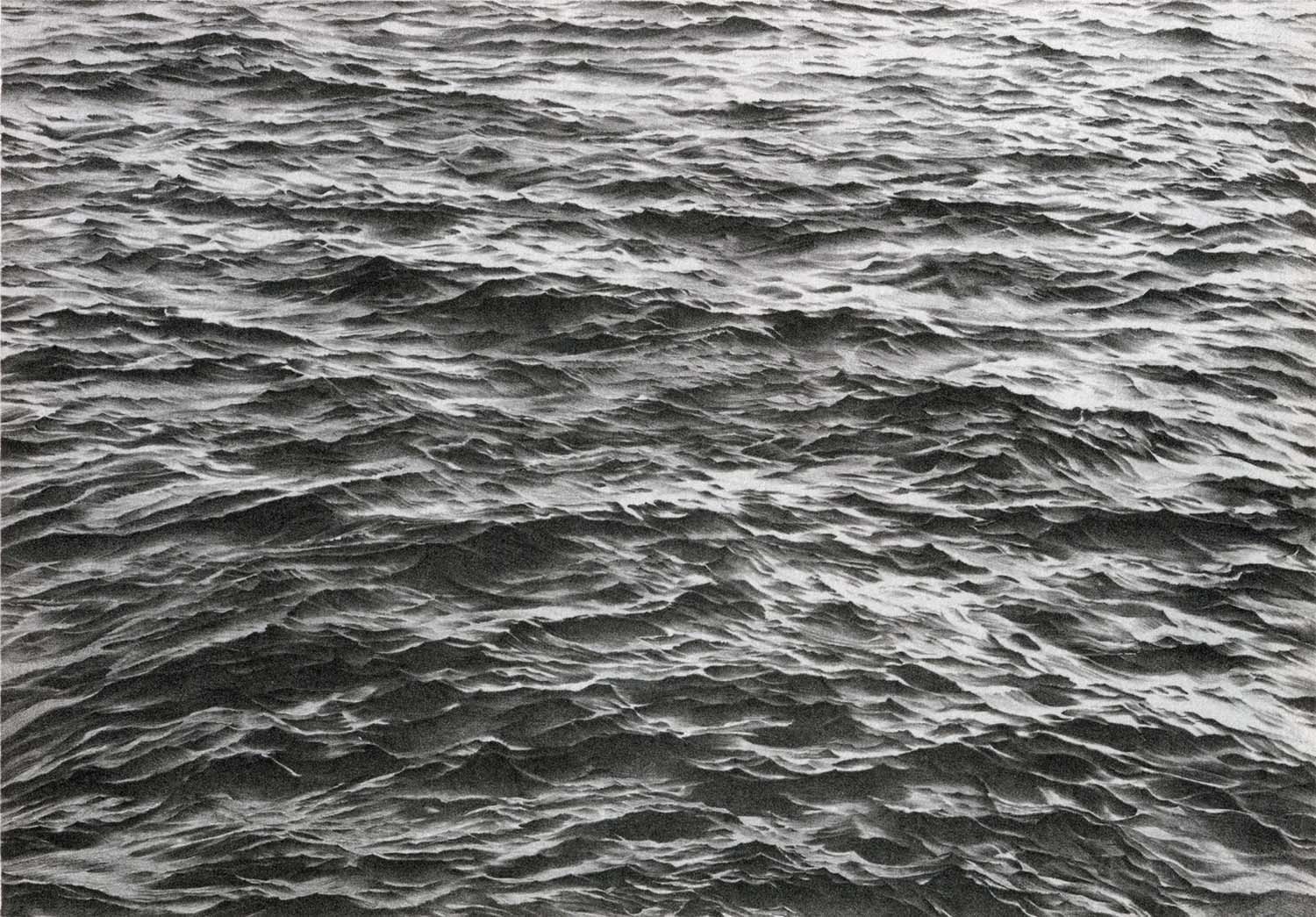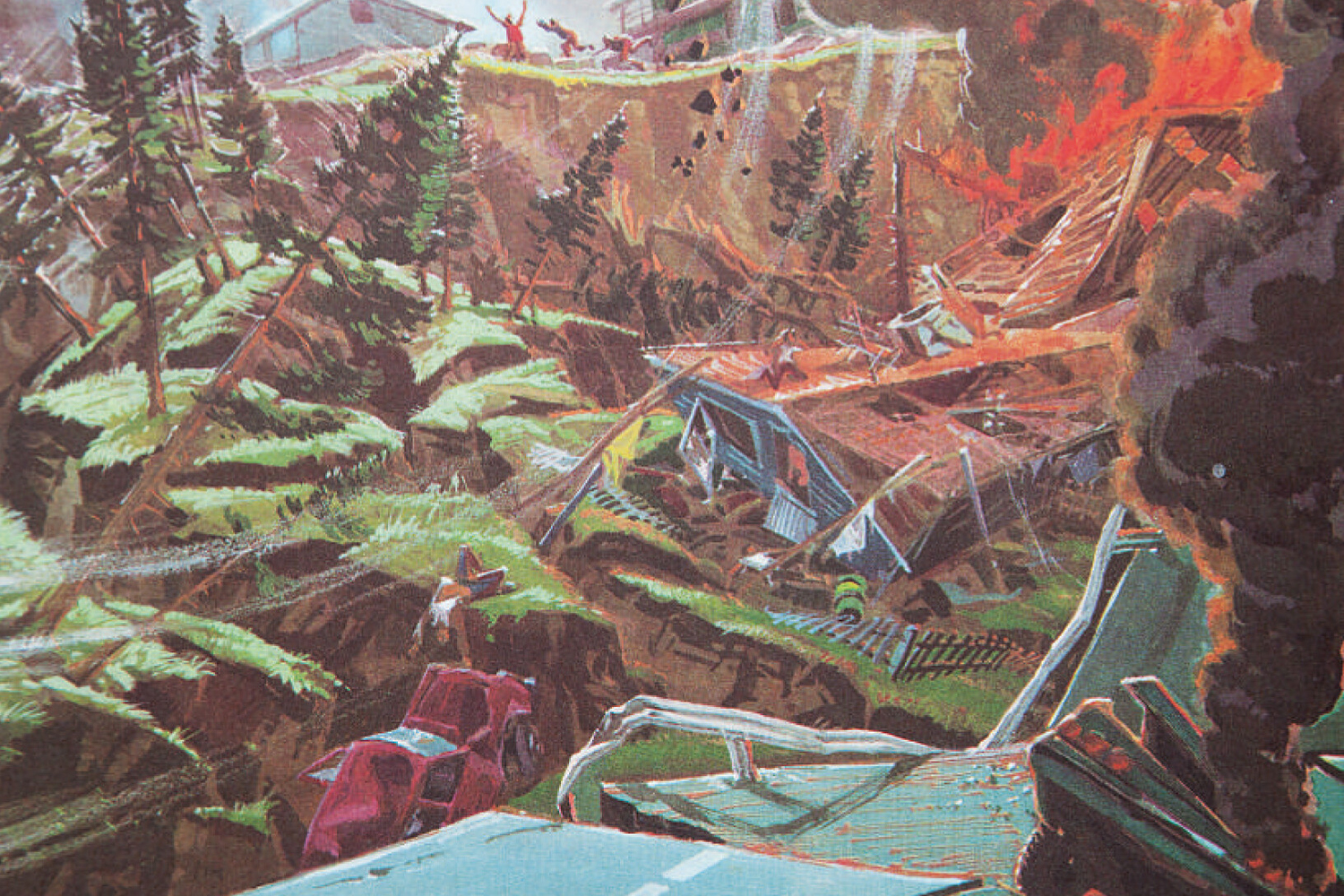
Secession, Vienna has presented its exhibition programme from March 4th until June 12th, 2022. The programme features Siggi Hofer, Dineo Seshee Bopape and DIS.
In “Still Life”, Siggi Hofer has conceived an immersive installation in dialogue with the Secession’s characteristic architecture: we enter a large tableau composed of numerous and diverse works that in many ways reflects the baffling complexity of our contemporary reality. Having come to look and moving about the room, we find ourselves cast as actors and co-creators of the exhibition; we need to get our bearings, make sense of the arrangement, tease out interconnections and meanings. “Still Life” builds directly on the earlier exhibition gift basket, in which the titular object served Hofer as a metaphor for his reflections on relationships, family, identity, and recollection. In the still life genre, the artist once again chooses a universally familiar trope. Even more than the gift basket, which complements the handsome gesture with a handsome presentation shaped in part by pragmatic considerations, the still life is defined above all by aesthetic questions of composition and color: Which objects make interesting neighbors, what fits with what, and what happens in these various constellations, what happens when one changes them?
Hofer’s versatility is evident in the diverse media, details, small gestures, and subtle creative choices in the exhibition, which gathers works from different periods in his oeuvre, as well as an installation outside the Secession and an artist’s book in the form of a newspaper (the “Deutsch-Gotisch” typeface is a nod to the daily “Dolomiten,” which the artist grew up reading) with contributions by Hofer himself. The literary writings he produces as he works on his exhibitions bring into focus the significance of autobiographical reflection—searching meditations on memory, childhood, identity, and emancipation—in his art. Alternating between sober-minded analysis and humor, the texts are unsparingly candid while leaving room for doubt. Playful self-reference and quotes that link the presentation to earlier works are recurring motifs throughout the exhibition.
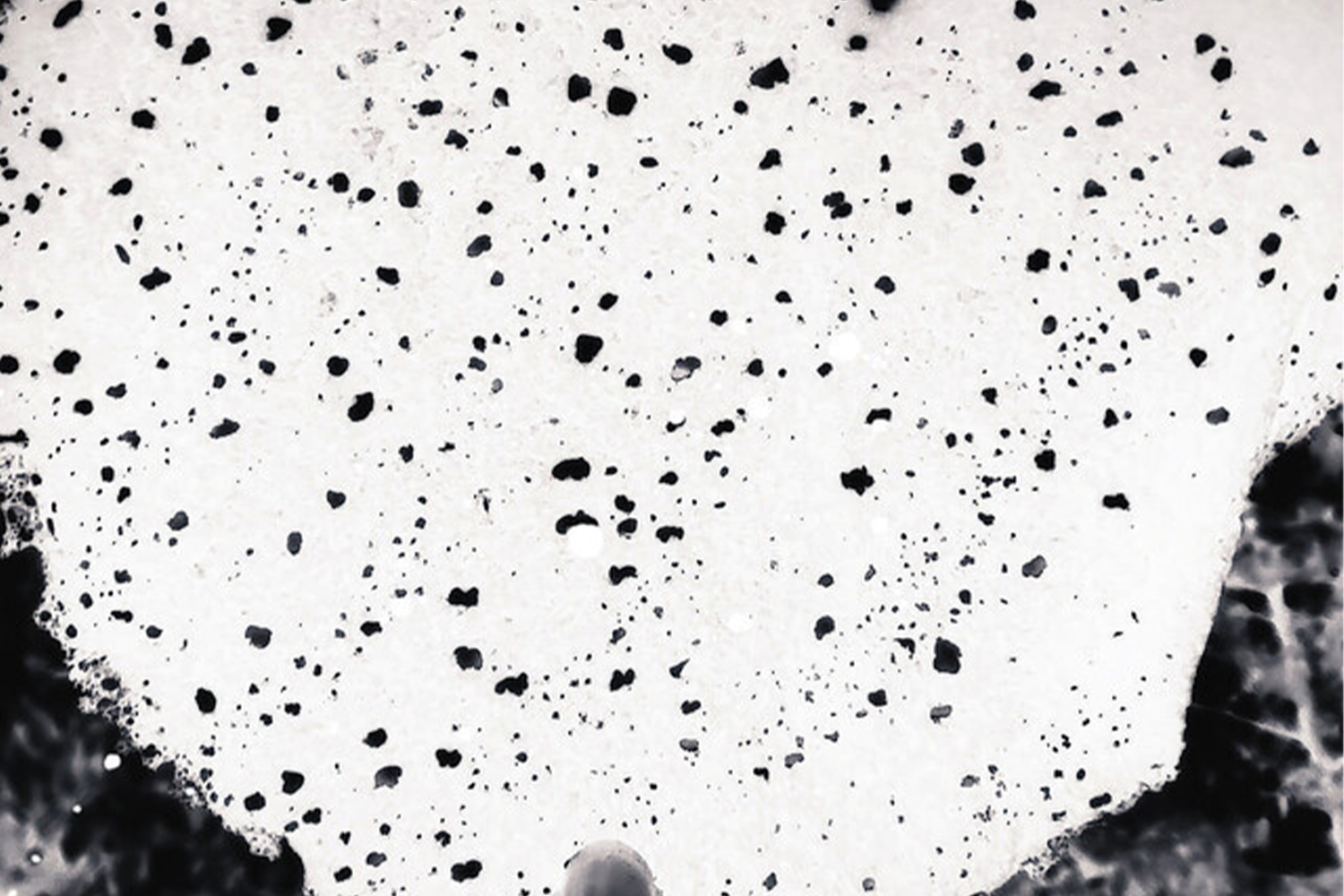
In Dineo Seshee Bopape’s haunting installations and videos, the history of her native South Africa prompts reflections on memory and hegemony over land and bodies in relation to the lived experiences of African people (and also a beauty). Her work is informed by her quest for a visual, acoustic, and material language that evokes an autochthonous aesthetic. It articulates (particularly) the African diaspora’s peoples’ resilience and healing as well as their sustained energies of resistance to and emancipation from and traversing ‘through’ the violence of the white supremacist capitalist patriarchal matrix. Bopape makes art out of carefully selected everyday materials such as soil, clay, fabric, plants, containers, paint and digital media. Their material and symbolic properties often appear in conversation with ideas about politics, aesthetics, the metaphysics of self/thing/spirit and relationality , sovereignty, presence, home, land and waters, language, song, and memory.
At the Secession, Dineo Seshee Bopape has developed a new site-responsive installation that transports visitors with its intense physicality. Bopape creates an interchange of experience and meanings as springboards of relationality as well as medicine for the feminine … The multiple connections of matter, life and spirit are sung through the exhibition title “Lerato le le golo (… la go hloka bo kantle)” [a big love (… that has no outside)]. The poetic line in SePedi—Bopape’s mother tongue of Southern Africa — refers to the relation between things— an unconditional love.
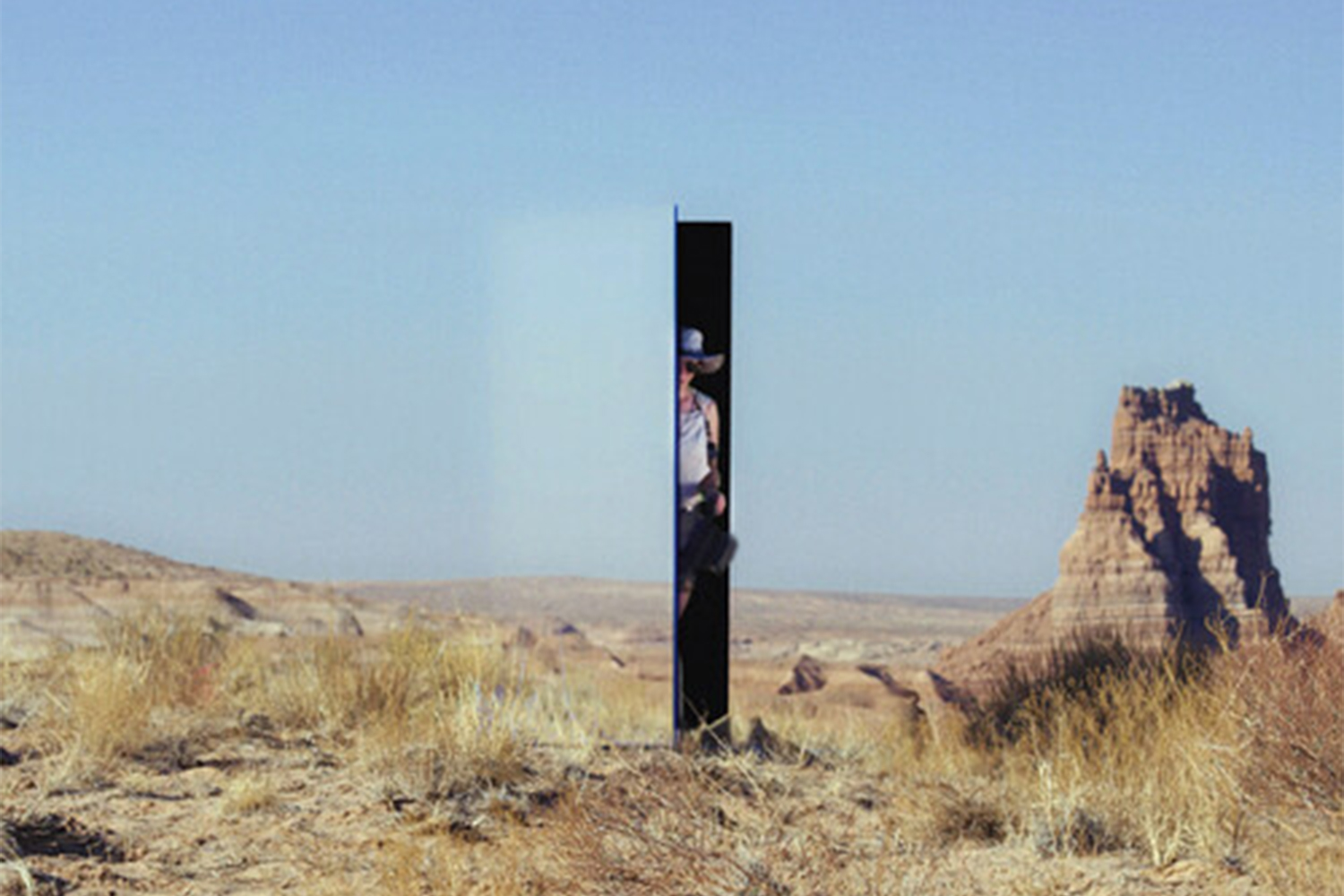
“How To Become A Fossil” presents the DIS collective’s major new work — Everything But The World (2021) with a site-specific installation and outdoor sculpture. The film, Everything But The World was conceived as a TV pilot plotting new narratives for new histories. A multi-genre docu-sci-fi, the series departs from the premise of a nature show by turning the camera onto nature’s least natural invention: us. Connecting the repetitive movements of today’s warehouse worker to activities some 10,000 years ago, when many of our ancestors switched from hunting and gathering to farming full-time, Everything But The World challenges post-Enlightenment notions of “progress.”
“This is the story of what happens after your property and after your progress. It’s over. And baby, you didn’t survive.“
— Narrator, Everything But The World
In this first episode, the castle becomes a stand in for private property and subjugation: from the Caetani Castle once possessed by Pope Alexander VI, to the legal term Castle Doctrine used in the United States to justify defense of one’s home, to an existential rant from a White Castle fast food drive-thru employee. Breaking civilization’s fourth wall, Everything But The World investigates what it means to be human through the long histories of labor, gender, race, and technology—riding through the rifts in scales between humanity’s global existence and the smallness of our individual lives.
Denying clear truths and generic conventions, Everything But The World refuses to contort time into a line. While it might be hard to see from the perspectives of our puny lifespans, history is not a story of progressions and constants, but of changes and revolutions. If we realize that this is not the world, but a world among many possible, what worlds might we see come, after the end?

